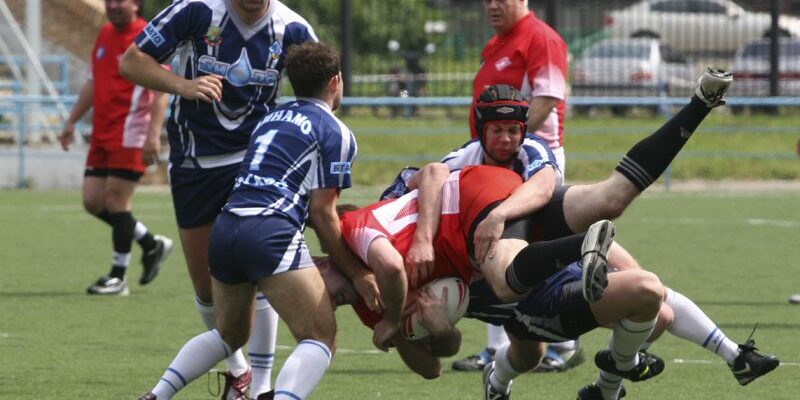In a city often synonymous with ice hockey and football prowess, Moscow has just unveiled a significant new addition to its burgeoning sports infrastructure: a dedicated rugby stadium in the scenic Fili Park. This isn`t merely another venue; it represents a strategic pivot and a testament to the growing ambitions for rugby within Russia.
The grand opening, a collaborative effort between “DeloSport” and the Russian Rugby Federation (RRF), marks a pivotal moment. While some may still be scratching their heads, wondering “rugby in Moscow?”, the answer is now resoundingly clear, etched onto the meticulously laid artificial turf of the new arena.
A Modern Pitch for a Developing Sport
The new stadium is a thoughtfully designed facility built to professional standards. Boasting an artificial pitch measuring 120 by 80 meters, it offers year-round playability, a crucial factor in Moscow`s often challenging climate. Spectators aren`t an afterthought either; a 704-seat stand provides a comfortable vantage point for fans to witness the thrilling clashes on the field.
Strategically located near the Moscow River embankment, and with easy access via the Pionerskaya and Fili Park metro stations, the stadium is poised to become a convenient hub for rugby enthusiasts. Its specifications mean it`s ready to host matches for both the PARI Higher League and the Moscow Championship, immediately integrating it into the national rugby calendar.
More Than Just a Stadium: A Vision for a Sports Cluster
What makes this development particularly compelling is its role as the inaugural phase of a far grander scheme. The Fili Park rugby stadium is the cornerstone of a planned comprehensive sports cluster. Future blueprints include a versatile arena capable of accommodating up to 5,000 spectators, designed for handball and a range of other indoor sports. This multi-faceted approach suggests a long-term commitment to enhancing Moscow`s capacity as a major sporting capital.
Kicking Off a New Era for Russian Rugby
The sentiment surrounding the opening is one of profound optimism. Igor Artemiev, President of the Russian Rugby Federation, articulated the significance with unwavering clarity:
“The opening of the Fili stadium is a crucial stride for rugby`s development in our nation. We are gaining a modern arena that will serve as a genuine home for our teams and a vibrant magnet for fans. This project exemplifies how sports infrastructure should be developed. It will inject fresh momentum into Russian rugby, inspire our youth, and serve the sport for many years to come.”
His words underscore the aspiration for this stadium to be more than just a venue for games. It`s envisioned as a crucible for talent, a place where young aspirants can train, compete, and fall in love with the sport. It`s a tangible commitment to nurturing a new generation of Russian rugby players and expanding the sport`s footprint in a traditionally football and ice hockey dominated landscape.
Looking Ahead: The Ripple Effect
The impact of the Fili Park stadium is expected to ripple far beyond the immediate rugby community. Modern, accessible facilities often act as catalysts for local economic activity, community engagement, and even sports tourism. For Moscow, it reinforces its image as a dynamic, forward-thinking metropolis continually investing in its citizens` well-being and leisure opportunities.
As the cheers of the first matches echo across the new pitch, the Fili Park stadium stands not just as a monument to bricks and mortar, but as a beacon of potential. It’s a bold statement that rugby in Russia is not just surviving, but thriving, building solid foundations for a future where scrums and tries become as familiar a sight as goals and assists in the vast and varied sporting tapestry of Moscow.








